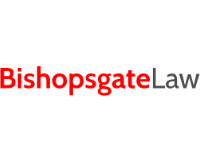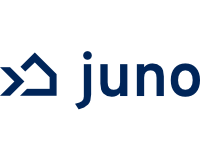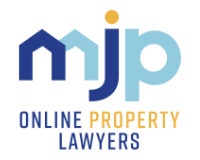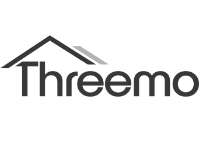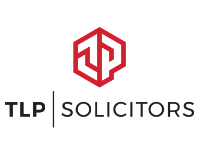The conveyancing process is an essential aspect of buying and/or selling a property. It refers to all the legal aspects of moving house and administrative work associated with legally transferring ownership of the property from a seller to a buyer. Conveyancing can be a complex process, which is why it’s important to have a property solicitor or a licensed conveyancer on your side to guide you through the process.
What do conveyancing solicitors in London do?
What conveyancers and solicitors do, is handle legal side of property transactions. They handle contracts, advise on London’s property laws, carry out searches and transfer the money to pay for your property.
HomeOwners Alliance has partnered with Reallymoving to provide instant quotes from a panel of over 70 quality conveyancing solicitors and Licensed Conveyancers. Their conveyancing firms are ready to move quickly on your house sale, purchase or remortgage and are regulated by the Solicitors Regulations Authority or the Council for Licensed Conveyancers. They credit check every company and have thousands of reviews supplied by previous clients. On average, they save users £490 per transaction.
When should I instruct a conveyancing solicitor in London?
The conveyancing process will start once an offer is accepted on a property and will finish once all relevant contracts have been signed and money transfers have been completed. Whether you’re the buyer or seller, you’ll want to have your conveyancing solicitor lined up and ready to go as soon as possible after this point.
What questions should I ask when choosing a conveyancer or solicitor?
In terms of questions to ask your conveyancer before instructing, check their experience in the London market, their fees, the timeline for the conveyancing process, and how they plan to communicate updates to you.
How long does conveyancing take?
On average, the process takes between 12-16 weeks. But the length of the conveyancing process can vary depending on a variety of factors, such as how long local searches take to return, how quickly the two parties responds to enquiries, and the complexity of the case e.g. leasehold property take longer to complete.
Conveyancing process for buyers
What are the exact steps involved if you’re buying?
View guide >
Conveyancing process for sellers
What are the exact steps involved if you’re selling?
View guide >
Leasehold conveyancing
There are extra steps your conveyancer needs to check if you are buying a leasehold flat.
View guide >

